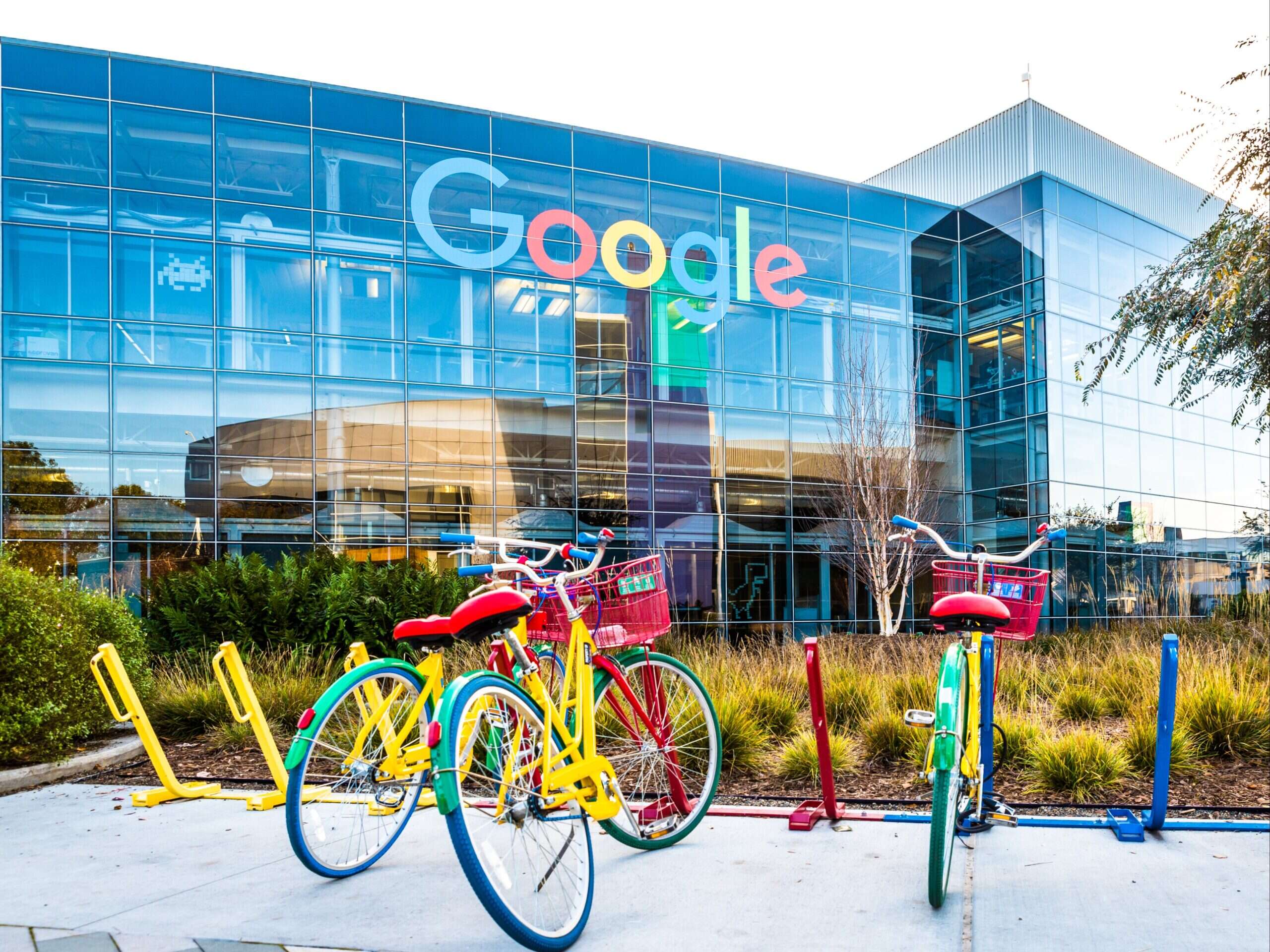
Publishers and marketers have called on the UK’s competition watchdog to delay the rollout of Google’s newest advertising technology release over fears it will “cement its dominance of online business”.
They fear the Google Privacy Sandbox will take the technology which drives personalised advertising out of the open-web and into the sole control of Google via its dominant Chrome web browser.
A group calling themselves Marketers for an Open Web (MOW) highlighted concerns that by denying news publishers access to the cookies they use to sell advertising, Google’s Privacy Sandbox could cut their revenues by around two-thirds.
Google plans to phase out support for third-party cookies within the Chrome browser, thought to be used by three-quarters of UK computers, by January 2022. It has said this would happen after the needs of users, publishers, and advertisers have been addressed.
MOW warned that smaller regional publishers would be hardest hit, that journalist jobs would be lost and the changes would put “reliable, fact-checked online news under greater threat than ever”.
Google has said its Privacy Sandbox changes, currently scheduled for full rollout in early 2021, will create a “secure environment for personalisation that also protects user privacy”.
It believes technology used by publishers and advertisers to make advertising relevant to users is being used “far beyond its original design intent – to a point where some data practices don’t match up to user expectations for privacy”.
A Google spokesperson said today: “The ad-supported web is at risk if digital advertising practices don’t evolve to reflect people’s changing expectations around how data is collected and used.
“That’s why Google introduced the Privacy Sandbox, an open initiative built in collaboration with the industry, to provide strong privacy for users while also supporting publishers.”
According to Google, the project is exploring technologies that could deliver adverts to large groups of similar users without letting any identifying data leave the browser, meaning they can receive relevant ads in a way similar to the current model but without tracking people on a micro level.
But Marketers for an Open Web said any such technology would cement Google’s dominance of online business and frustrate pro-competition attempts at regulation around the world.
This is because it will remove login, advertising and other features from the open web and place them under Google’s control, they said.
The group, made up of online businesses “who share a concern that Google is threatening the open web model that is vital to the functioning of a free and competitive media and online economy”, has asked the UK Competition and Markets Authority to delay the introduction of Privacy Sandbox until the law is changed to ensure a level playing field.
A CMA spokesperson said: “We take the matters raised in the complaint very seriously, and will assess them carefully with a view to deciding whether to open a formal investigation under the Competition Act.
“If the urgency of the concerns requires us to intervene swiftly, we will also assess whether to impose interim measures to order the suspension of any suspected anti-competitive conduct pending the outcome of a full investigation.”
James Rosewell, director of MOW and chief executive of data services company 51 Degrees, said: “The world’s regulators have realised that Google is attempting to take over the web through its dominance of areas such as search, online advertising and browser technologies.
“However, their efforts to mitigate this monopoly power will be in vain if Google manages to consolidate its dominance through the introduction of Privacy Sandbox prior to the regulators’ recommended changes to the law being implemented.
“If Google releases this technology they will effectively own the means by which media companies, advertisers and technology businesses reach their consumers and that change will be irreversible.”
Rosewell added: “The concept of the open web is based on a decentralised, standards-based environment that is not under the control of any single commercial organisation. This model is vital to the health of a free and independent media, to a competitive digital business environment and to the freedom and choice of all web users.
“Privacy Sandbox creates new, Google-owned standards and is an irreversible step towards a Google-owned ‘walled garden’ web where they control how businesses and users interact online.”
Tim Cowen, chairman of the Antitrust Practice at Preiskel & Co LLP, said the group was not asking for Google “to be stopped or to be placed at a disadvantage”.
“We simply ask that governments are given the time they need to put in place the relevant legislation in order to create a level playing field for all digital businesses.”
The CMA produced a report on the digital advertising market in July in which it called for the creation of a pro-competition regulatory regime to govern the behaviour of major platforms like Google and Facebook that are funded by digital advertising.
The watchdog is due to advise the Government on how the regulatory regime should be designed by the end of the year.
Picture: Shutterstock/Uladzik Kryhin
Email pged@pressgazette.co.uk to point out mistakes, provide story tips or send in a letter for publication on our "Letters Page" blog
